The PMMD Lab is grateful to these research sponsors for their support to our reearch in physical metallurgy and materials design.


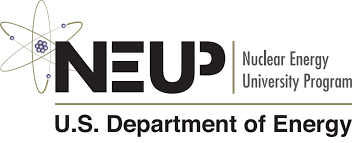


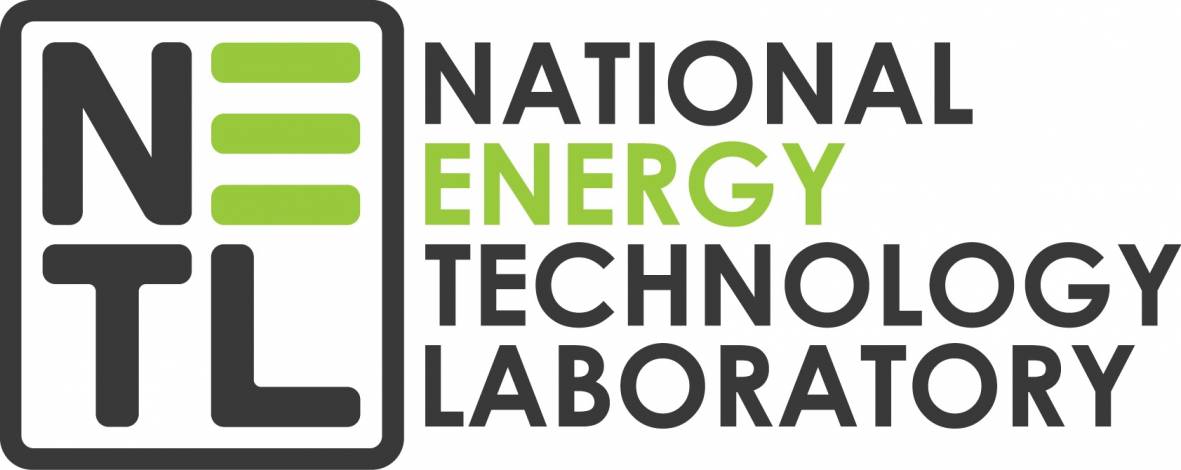

The Physical Metallurgy and Materials Design (PMMD) Laboratory is equipped with an arc-melting furnace with the function of suction casting (model ABJ-338-1, MRF), which can produce small-scale suction casting and arc-melting samples for prototype alloy testing. The laboratory has also various tube furnaces for heat treatment design. On the computational aspect, the PMMD lab is supported by the Thermo-Calc software company with full access to all of the commercial Thermo-Calc thermodynamic and diffusion kinetic databases for materials and processing design. In addition, the lab houses small clusters for ICME (Integrated Computational Materials Engineering) in-house code development. The PMMD lab gets priority access to the computational server supported by the Center for Simulation and Modeling (SaM) at Pitt performing the ab initio quantum mechanical calculations such as Quantum Espresso. In addition, a high temperature differential scanning calorimeter (max. temperature 1600°C) by Netzsch Instruments North Amierca LLC and quenching dilatometer (cooling rate up to 4000K/s and heating rate 2500K/s) by TA instruments company are available in the PMMD Lab. Such a thermal analysis system is capable to determine phase transformation temperature, continuous-cooling-temperature diagram, time-temperature-transformation diagram, and evaluate latent heat during solidification process, which will facilitate on model calibration.
Pitt’s Additive Manufacturing Lab provides Pitt faculty and research partners with a range of different AM technologies to meet their needs. We have an EOS M290 which is a DMLS (Direct Metal Laser Sintering) powder bed machine, an Optomec LENS 450 which is a direct metal deposition machine, an ExOne Innovent and an ExOne Lab which both use a powder bed binder jet process, and a Stratasys Objet 260 Connex 3D polyjet printer. Click here to learn more.
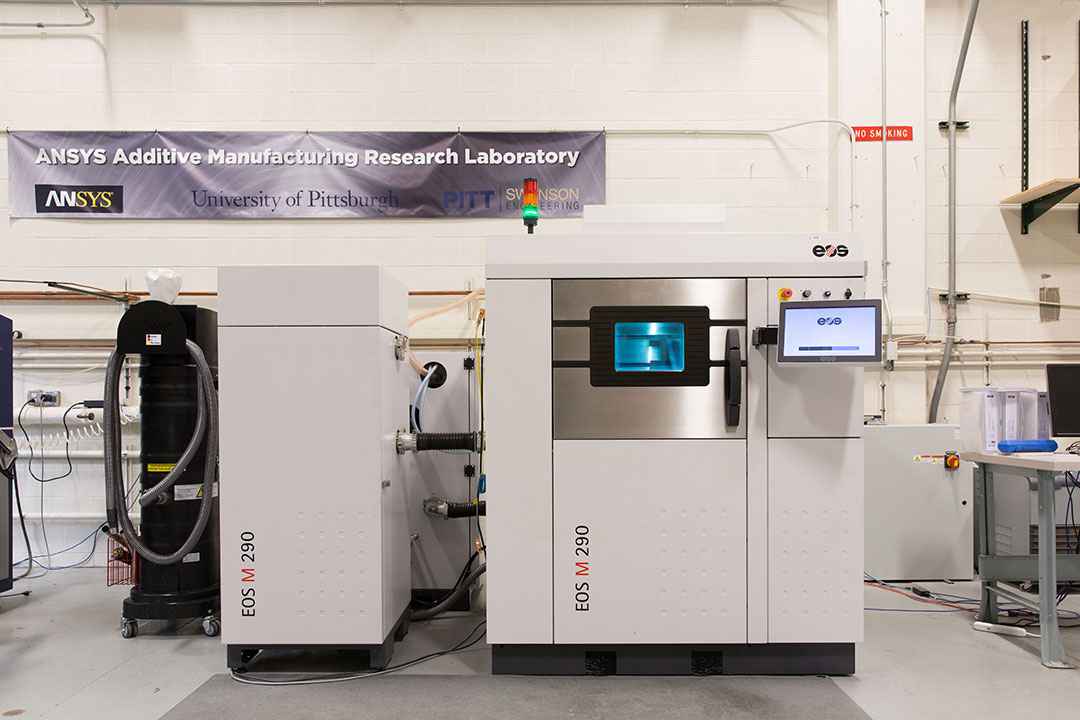
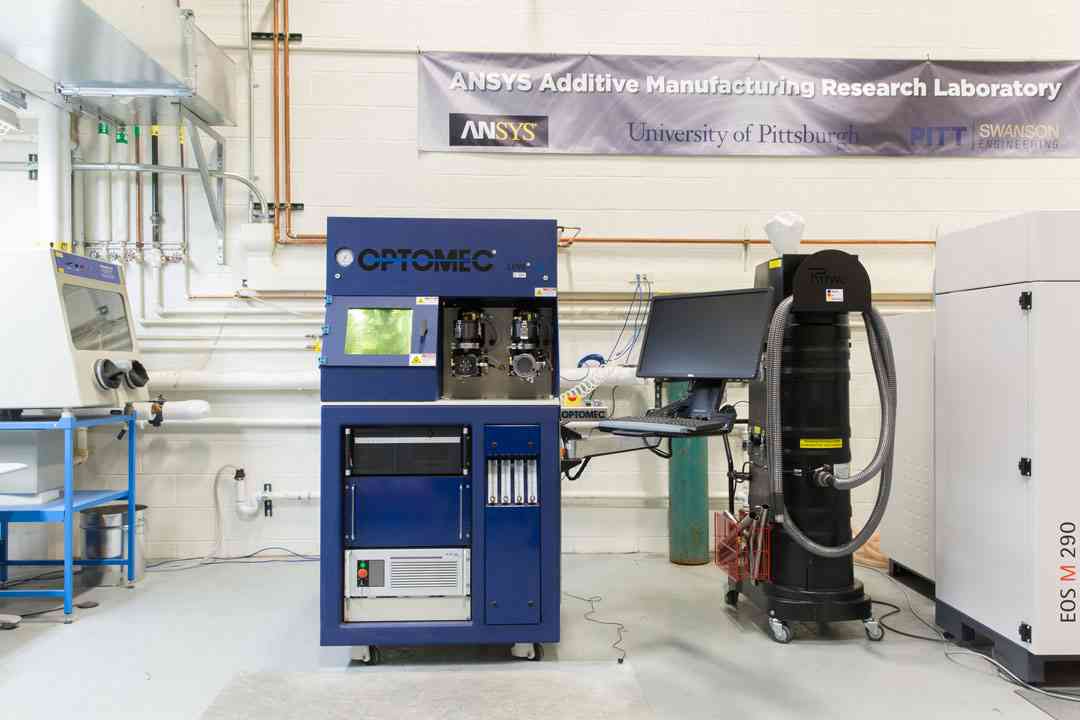
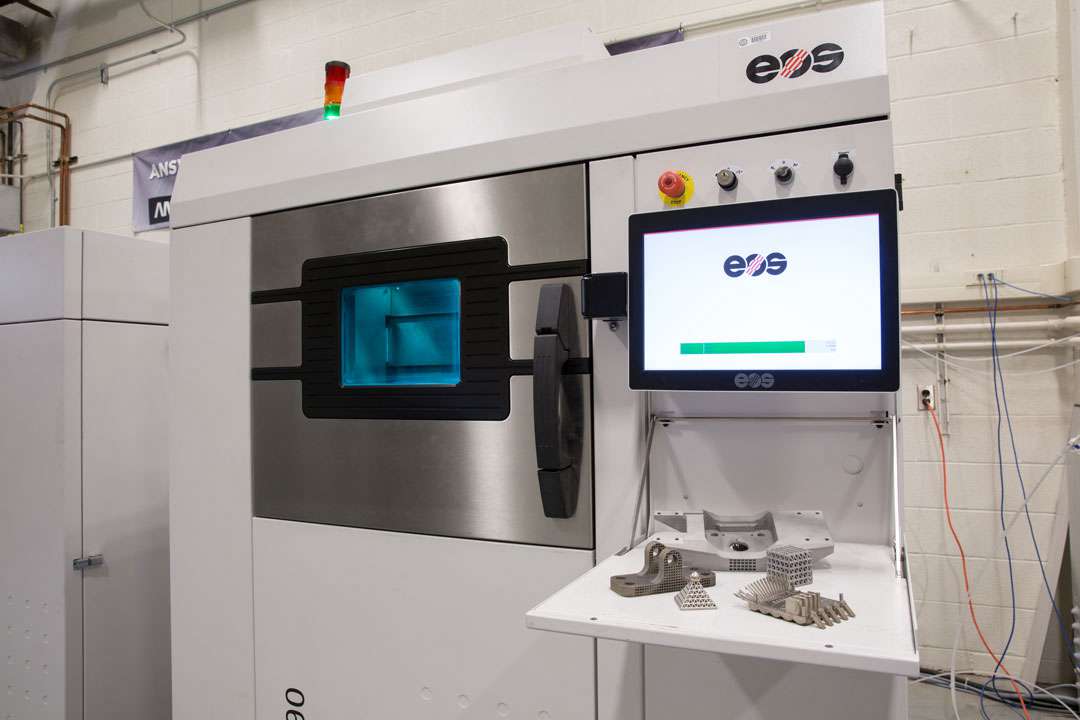
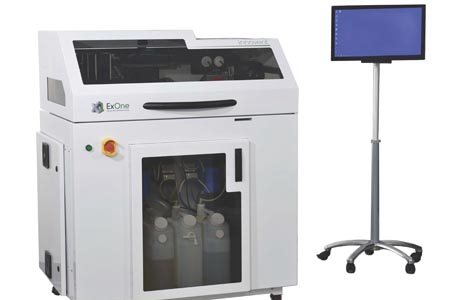
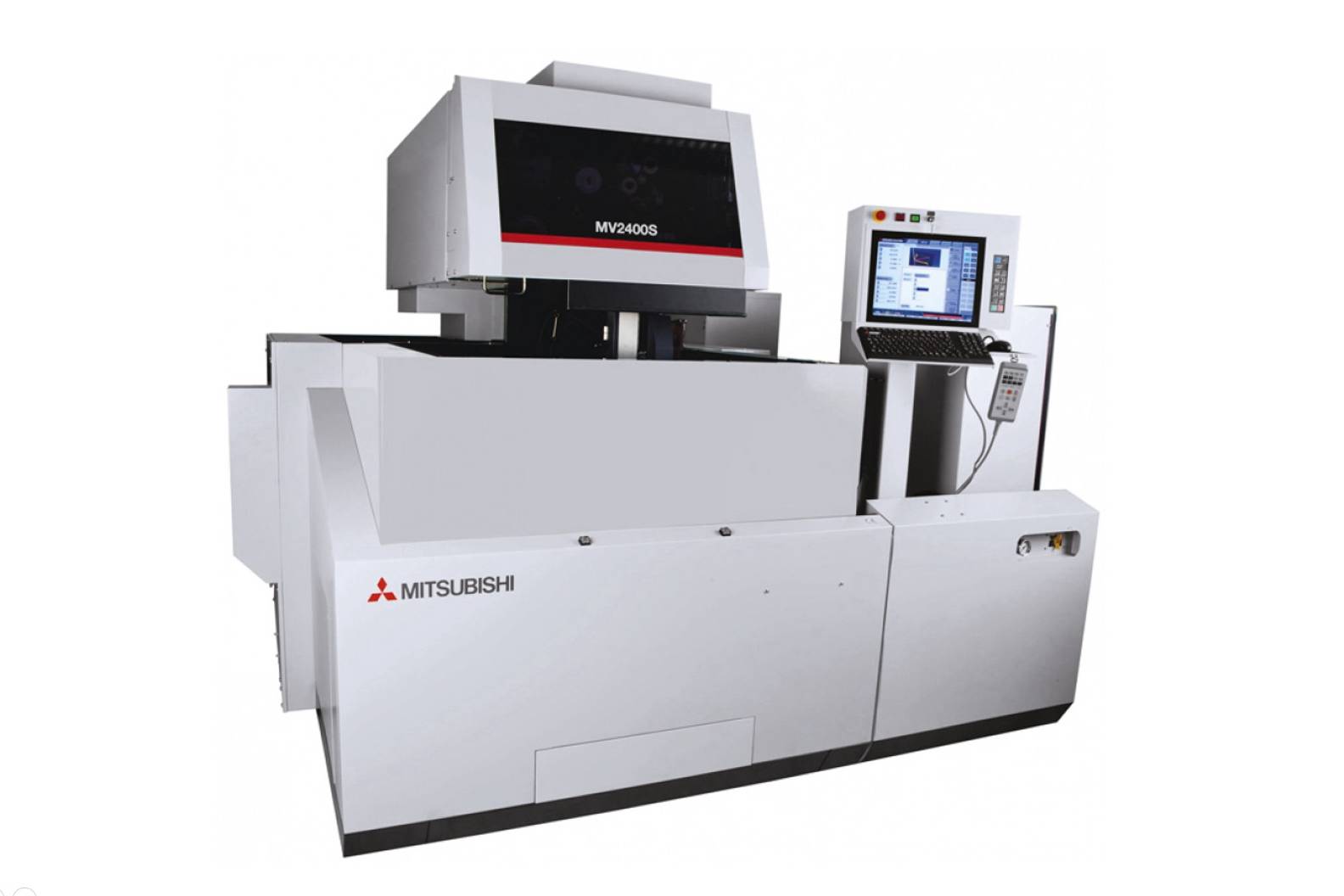
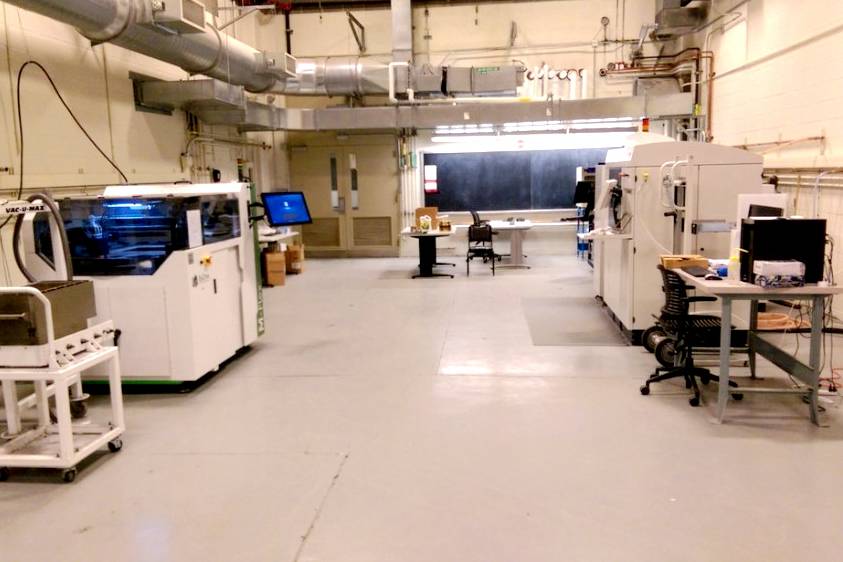
The Nanoscale Fabrication and Characterization Facility (NFCF) is supported by the integrated, multidisciplinary organization, the Gertrude E. and John M. Petersen Institute of NanoScience and Engineering. The NFCF is a 4,000-ft cleanroom facility located in the sub-basement of Benedum Hall. The facility houses state-of-the-art equipment with core nano-level fabrication/analysis capability. Several features make the capabilities of NFCF unique, including five different types of lithography (Optical, EBL, Dual Beam, DipPen, and Imprint), a field-emission microprobe (EPMA), and a transmission electron microscope (TEM). NFCF is open for University use; this interdisciplinary facility acts as a catalyst for further collaborations among various Pitt schools.
Please visit the NFCF center for the complete information of different facilities.
Click here to learn more.
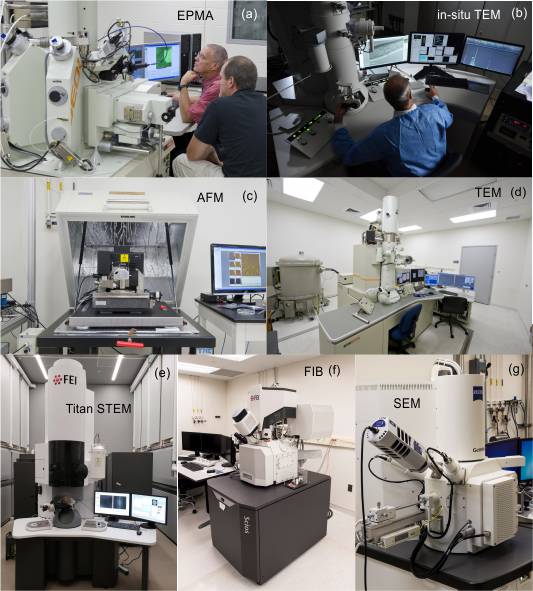
Below are the past project list, we appreciate the support from the collaborators and agencies.
Up till Sept 2020, the PMMD lab works on 8 research projects covering from high entropy alloy development to additive manufacturing design. The projects utilize both theoretical modeling and top-notch experimental techniques to perform reseearch in new materials development and ICMD Integrated Computational Materials Design.